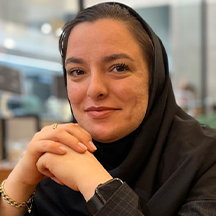Economic roots of early marriage in Iran
Despite the documented harms of being married off before the age of 18, particularly for girls, early marriage remains common in parts of Iran. This column summarises research that sheds light on the economic factors that drive this practice, using unique provincial data to show that poverty, inflation and income inequality are key determinants –while religiosity is not. The findings suggest that economic policies can play a crucial role in reducing the prevalence of child marriage.


